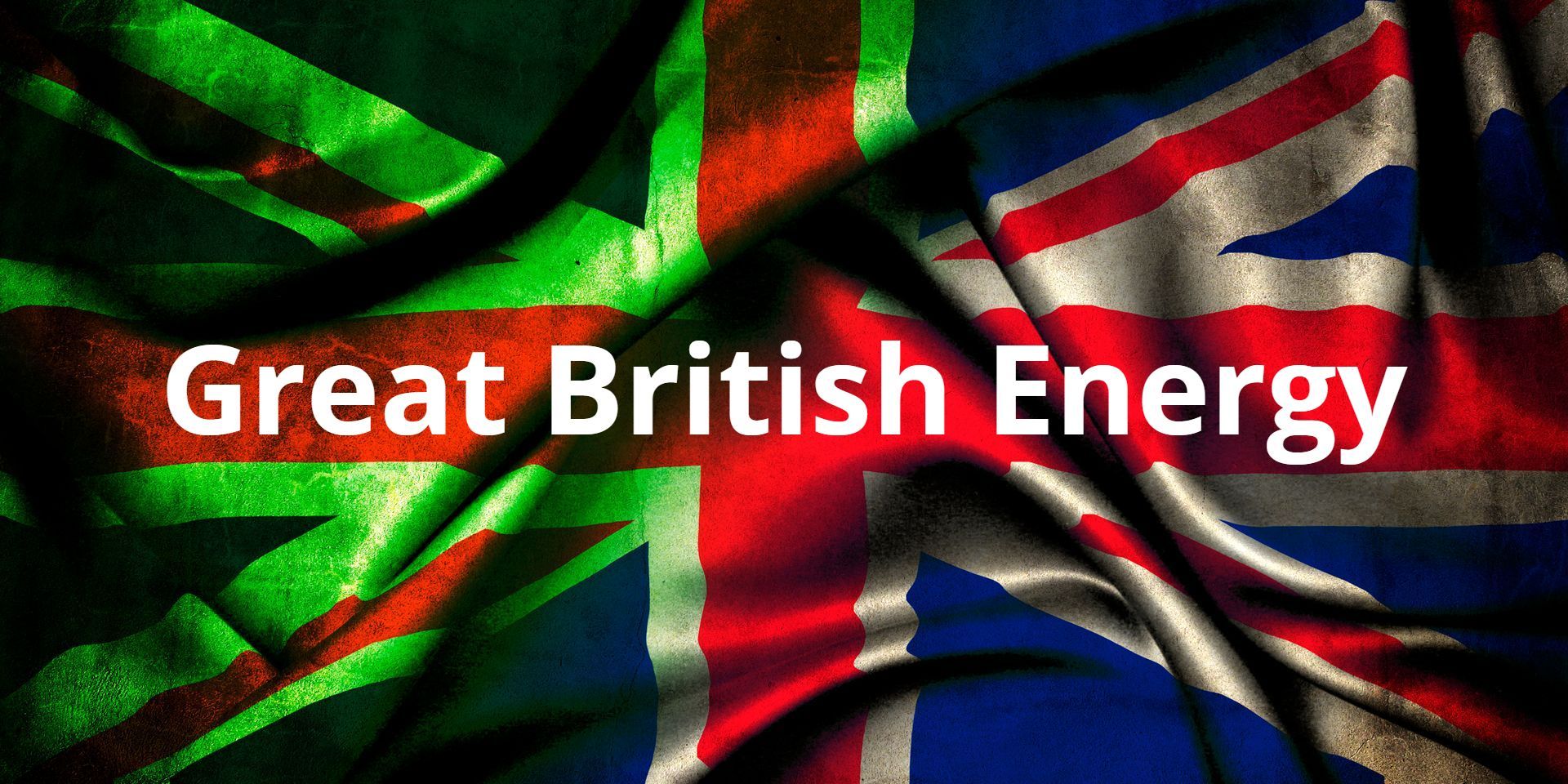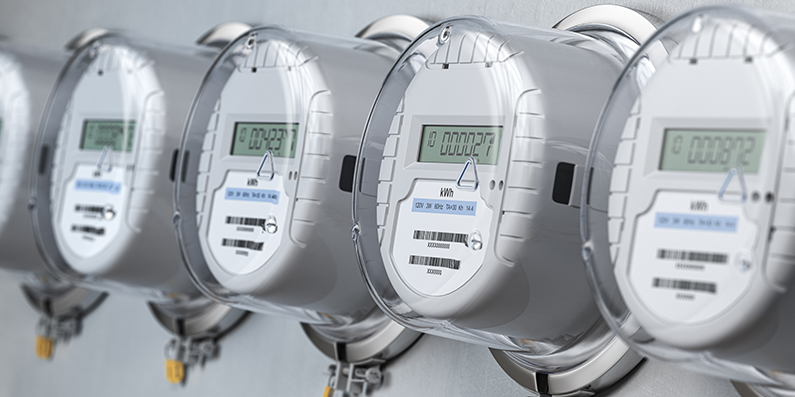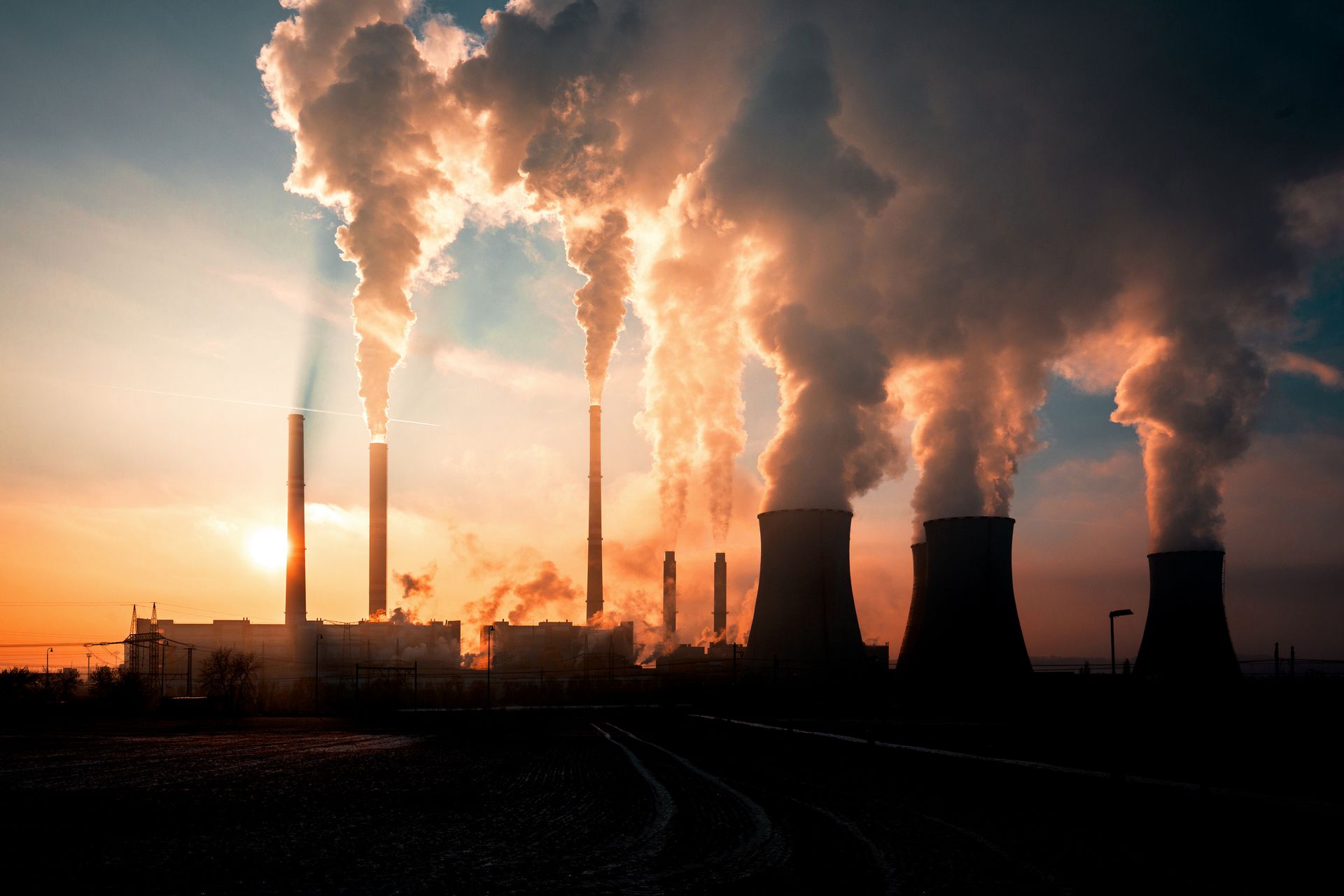COP26 and the race to Net Zero - what does it mean for you and your business?
If it wasn’t transparent to business beforehand, recent coverage of COP26 should have made it abundantly clear that the impact of climate change requirements on the private sector will be significant in the coming years. While some of those requirements are currently clearer than others, we draw out some of our highlights for business and provide an Adalta Energy perspective below.
Progress post Paris and the context to COP26
At COP21, in Paris, in 2015 all countries at the United Nations Climate Change Conference agreed to work together to limit global warming to 'well below' 2 degrees and to make finance available to deliver that goal. That landmark agreement is known as the Paris Agreement.
Environmental activists and businesses alike have long pointed to the absence of credible frameworks or tangible plans from world leaders in the years following. As such, a priority of the UK’s COP presidency was to finalise the ‘Paris Rulebook’ which establishes the detailed systems required to facilitate the delivery of the headline commitments. That was finally completed at COP26 following agreement on transparency (reporting), common timeframes for emission reductions and on new standards for international carbon markets.
Under the Paris Agreement countries are also required to deliver increasingly more ambitious climate plans every 5 years and therefore were required to provide revised Nationally Determined Contributions (NDCs) for climate action at COP26. In short, these NDCs do not deliver the required result to limit climate change to the revised 1.5 degree target and following the fortnight of negotiations revised commitments have been formally agreed through the Glasgow Climate Pact.
Despite the many positives from the COP26, it was readily accepted that collective progress to reduce emissions had not been sufficient to date and there was universal recognition that momentum needed to build at a much greater rate following the UK event. Indeed, Alok Sharma (UK COP President) reflected that current commitments only keep the 1.5 degree target within reach and that concerted effort remained imperative to get "finance flowing and boost adaptation".
"Marshall the strength of the global private sector" - HRH The Prince of Wales
The pivotal role of the private sector was regularly referenced by some of the most recognisable and respected guest speakers at the Glasgow event; both in terms of the development of and adaptation to new technologies.
Sir David Attenborough encouraged businesses to think of the bigger picture rather than short term goals and suggested a "new industrial revolution powered by millions of sustainable innovations" was essential (and already underway). That view has since been re-iterated by the Confederation of British Industry (CBI) who have also highlighted how the renewable energy industry could contribute to the ‘levelling up’ of Britain to address the North/South (East) divide.
Barack Obama took a slightly different tact and focussed on the way businesses are increasingly using a Net Zero agenda to their advantage. He suggested that more than a fifth of the world's largest companies had set emissions targets in recognition that this would improve their bottom line and, following the withdrawal of the US government from the Paris Agreement, highlighted that it was the agenda of American businesses that ultimately delivered on US climate targets.
Similarly Janet Yellen, the US Treasury Secretary, insisted that climate change is a huge opportunity for business;
“The old notions of why the private sector should decarbonise because the planet must be put before profit are no longer universally true,” “Green technologies have cost curves that continue to plunge, in many cases it is simply cost effective to go green." "Addressing climate change is the greatest economic opportunity of our time.”
Prince Charles spoke in great length about the private sector and, more importantly, what it needed in order to deliver the required transformational change. He pleaded for "countries to come together to create the environment for every sector of industry to take the action required" re-enforcing that business required "clear market signals agreed globally" in order to invest. The Prince of Wales pointed to his Terra Carta (Earth Charter), delivered at the beginning of the year to provide a roadmap to sustainability, and announced the inaugural presentation of the Terra Carta Seal to 45 businesses to recognise the efforts of those leading the way.
An Adalta perspective
It was perhaps the Finance ministry that unveiled the most concrete new universal requirement for UK businesses at COP26. On top of the Government’s earlier commitments, delivered through this year’s budget announcement, the ministry confirmed that new reporting requirements would be established for all UK listed companies to formalise net zero transition plans on which the markets could react.
At Adalta Energy we believe that there may also be a requirement for more companies to participate in the Streamlined Energy and Carbon Reporting (SECR) requirements that are currently only reserved for large organisations.
On the whole we think the new reporting requirements will ultimately be beneficial for the most pro-active and progressive in industry. While it may introduce new costs in the short term, the process itself will likely draw out new requirements, risks and issues for your business as the UK transitions to a carbon neutral economy.
Furthermore, Adalta believe that today’s global supply chains mean that, regardless of your individual perspective on climate change, it is imperative that you consider your approach to it to protect your business. While Net Zero may not be a priority for you, it may be for your customers who, under Scope 3 of the Greenhouse Gas Protocol, would be required to ensure a zero carbon supply chain.
Adalta Energy has always supported the widely adopted position that the most affordable energy will be the energy that is not used. To this point, we welcome the considerable financial provisions that have been agreed to fund investment into and support the uptake of new technologies to reduce carbon emissions.
Decisions around sustainable solutions need to be well considered given the lack of clarity on the market mechanisms and signals that will be used to bring about global change. We would therefore recommend appropriate and additional scrutiny to ensure investments stack up despite the current unknowns.
Final word
"Collectively, we have acknowledged that a gulf remains between short term targets, and what is needed to meet the Paris temperature goal". Alok Sharma's closing remarks at COP26 re-iterated some well versed concerns and repeated the need for immediate and concerted action.
However, at Adalta Energy, we take confidence from an ever growing view that the private sector is continuing to invest in Net Zero in spite of the lack of clarity from government. We continue to observe a growing interest in renewable energy procurement and would suggest if your business does have Net Zero ambitions that you explore this sooner rather than later. Ironically, renewable energy is currently finite (until 2035 that is!) so we encourage you not to get left behind.
Adalta Energy
are industry experts and can guide you through the procurement process, offer risk management strategies, a path to Net Zero energy and ensure you are on the most suitable product. For more information contact enquiries@adaltaenergy.co.uk or call Tom Butler directly on 07795 354071.
If you'd like to know more about specific COP26 achievements then there is a range of information available on the official
COP26 website. For a summary of outcomes please click
here
or for a more detailed explanation of negotiations please click
here.












